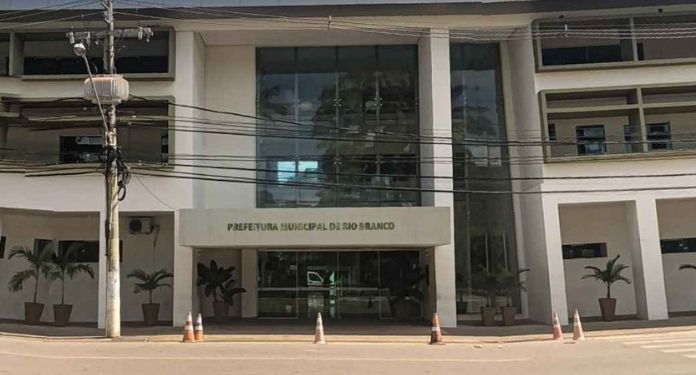The lottery is about to become a reality in Rio Branco. The city hall of the capital of Acre sent a Bill to the City Council that aims to create a municipal lottery. The objective is to increase the city’s revenue.
However, councilor Elzinha Mendonça (Progressistas) expressed concern about the proposal. She said: “I want to express my concern. The whole country debates gambling and lotteries. I know that there is a decision by the STF that has already expressed its opposition to the creation of municipal lotteries. There are municipalities where laws created due to their legality have been questioned.”
Therefore, the councilor plans to request a public hearing to discuss the matter. She intends to invite the Public Ministry of the State of Acre (MPAC), the OAB, churches and other interested institutions to participate in the debate.
Councilor stated that lottery resources will go to essential areas
Previously, councilor João Marcos Luz (PL) used social media to talk about the issue. “When we vote, the municipal public administration will make regulations through decree. The fact is that these are massive resources that are lost and public managers in the 21st century have to be aware of this”, highlighted the councilor.
Still according to the councilor, the proposal already points out where the resources obtained from the service will be allocated, such as infrastructure, basic sanitation, urban mobility and sport in Rio Branco.
Planaltina municipal lottery was suspended in court
Other Brazilian cities have already created public municipal lottery services, such as Goiânia (GO). However, there are cases of the process being suspended by the courts. Planaltina, also in the state of Goiás, is an example.
Despite approval in the Chamber, a magistrate responded to a request from one of the councilors. According to councilor Victor Dimba (PRTB), the approval of the bill took place “in a notoriously irregular manner and riddled with defects, which is in disagreement with the internal regulations”.




















































